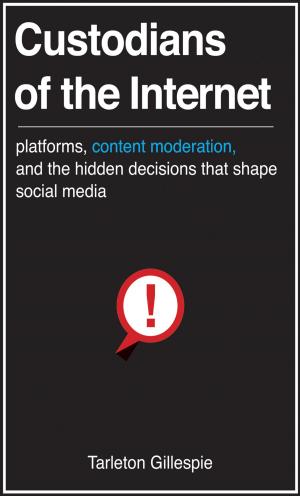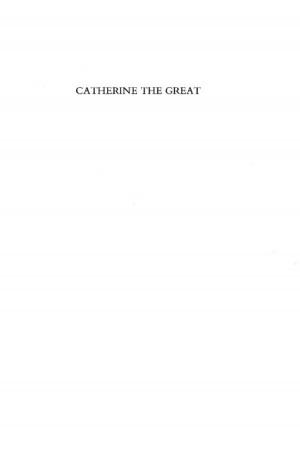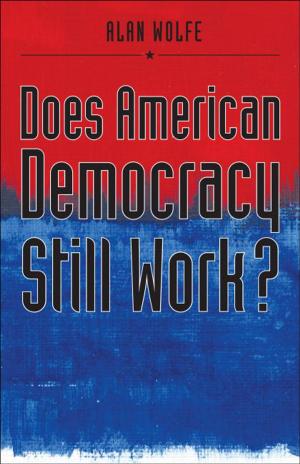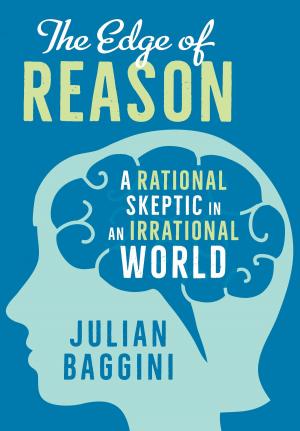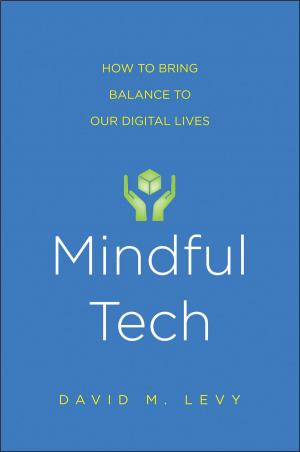The Watchman in Pieces
Surveillance, Literature, and Liberal Personhood
Fiction & Literature, Literary Theory & Criticism, Theory, Books & Reading, Nonfiction, Social & Cultural Studies, Social Science| Author: | Prof. David Rosen, Prof. Aaron Santesso | ISBN: | 9780300156645 |
| Publisher: | Yale University Press | Publication: | June 18, 2013 |
| Imprint: | Yale University Press | Language: | English |
| Author: | Prof. David Rosen, Prof. Aaron Santesso |
| ISBN: | 9780300156645 |
| Publisher: | Yale University Press |
| Publication: | June 18, 2013 |
| Imprint: | Yale University Press |
| Language: | English |
Spanning nearly 500 years of cultural and social history, this book examines the ways that literature and surveillance have developed together, as kindred modern practices. As ideas about personhood—what constitutes a self—have changed over time, so too have ideas about how to represent, shape, or invade the self. The authors show that, since the Renaissance, changes in observation strategies have driven innovations in literature; literature, in turn, has provided a laboratory and forum for the way we think about surveillance and privacy. Ultimately, they contend that the habits of mind cultivated by literature make rational and self-aware participation in contemporary surveillance environments possible. In a society increasingly dominated by interlocking surveillance systems, these habits of mind are consequently necessary for fully realized liberal citizenship.
Spanning nearly 500 years of cultural and social history, this book examines the ways that literature and surveillance have developed together, as kindred modern practices. As ideas about personhood—what constitutes a self—have changed over time, so too have ideas about how to represent, shape, or invade the self. The authors show that, since the Renaissance, changes in observation strategies have driven innovations in literature; literature, in turn, has provided a laboratory and forum for the way we think about surveillance and privacy. Ultimately, they contend that the habits of mind cultivated by literature make rational and self-aware participation in contemporary surveillance environments possible. In a society increasingly dominated by interlocking surveillance systems, these habits of mind are consequently necessary for fully realized liberal citizenship.




